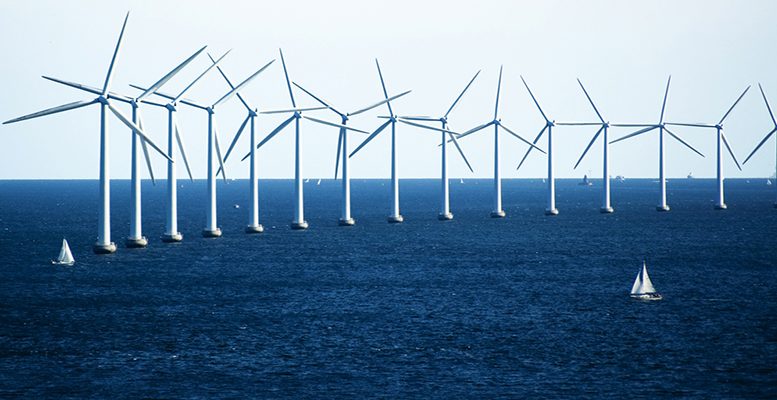Yesterday, the European Parliament asked for the European Union’s renewable energy target for 2030 to be increased to 35% compared with the current 27%. The move is part of the community bloc’s efforts to meet the commitments included in the Paris Agreement.
To reach this percentage at a community level, countries should set their own national objectives, which will be coordinated and supervised by virtue of another legislative project on energy governance, which was also approved on Wednesday.
The euro MPs agreed to establish a target for energy efficiency of 35% for 2030, which will be calculated based on the projection for energy consumption for this same year according to the PRIMES model, which simulates consumption and supply of energy in the EU. Whatsmore, the text referring to renewables advocates boosting the auto-consumption of renewables in the community bloc by urging member states to “guarantee that consumers have the right to become auto-consumers of renewable energies.” To do that, these consumers should be authorised “to auto-consume and sell any excess renewable energy production without being affected by procedures and discriminatory or disproportionate charges which do not reflect the costs.”
In addition, the euro MPs approved an amendment asking that electricity consumption based on self-produced renewable sources, which remain within their premises, be allowed, “without being subject to any kind of taxes or tariffs.”
According to figures of ACF’s experts, in Spain, at the end of 2017, the electricity system showed that nuclear production was the leader with 22.4%, followed by wind energy with 19.1%, coal with 17.1% and combined cycles with 13.6%. Of the rest, we would highlight co-generation with 11.3% and hydraulic with 8.3%. In terms of installed capacity, 47% is in renewables, particularly wind energy with 23%, and hydraulic with 13%, while the rest of the cycles contribute 25.1%. As far as companies are concerned, they remind that Gas Natural and Endesa have less exposure to renewables than Iberdrola and Acciona.
*Photo: Flickr/ www.cgpgrey.com





